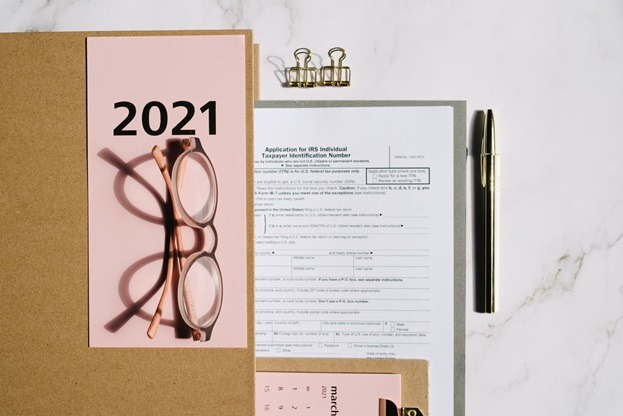Spending your hard-earned money is all about making intelligent choices. Even though you may not consider your spending habits to be extravagant, everything quickly adds up in the end into a mountain of expenses. No matter how many people ask you not to live a luxurious lifestyle, your credit card bills and bank statements will say otherwise.
Think about how often you buy coffee, pay for veterinary expenses, go out for lunch with your significant other, or get your car repaired. These are expenses that aren’t either right or wrong. These are spending decisions that we make based on what our priorities are. And sometimes, it can be highly challenging for anyone to determine their priorities, especially if they haven’t done any previous planning.
In the end, spending restraint is about finding ways to measure and track your budget without making a new hobby. For instance, if you are keen on motorcycles, you want to go out and splurge thousands of dollars on a new bike every month or so, right? Plus, the wife would disapprove of it! To get you started on improving your money management, listed below are a few tips that will allow you to track your monthly expenses.
Check your bank account statements
You can quickly pinpoint your spending habits by inventorying all of your accounts. These include all credit cards, debit cards, savings accounts, checking accounts, and current accounts. Monitoring these accounts will enable you to identify when and where you are spending your hard-earned cash frivolously. Although, this practice won’t directly stop you from overspending. However, it is an excellent place to start.
Hire a personal accountant
You don’t need an accounting education background or experience to be good with numbers, but having the know-how helps considerably. You can rid yourself of a lot of hassle by hiring an expert to handle all your finances for you. If you think that your time is worth more than the amount you would pay an accountant, then going with one is a no-brainer.
An accountant who holds a master of accountancy degree can help you track your expenses and advise you on controlling your spending habits. Furthermore, s/he can also help you out with your taxes and benefit from filing early tax returns. In the end, it is a whole lot better than scratching your head and trying to figure out what the numbers in front of you mean.
Categorize expenses
It would be best if you started grouping all your expenses. Some credit and debit cards automatically tag your expenditures category-wise. For instance, maybe you’ll realize that you are paying for a TV subscription that you could do without. Or your morning coffee is costing you more than you think.
Your spending usually consists of both variable and fixed expenses. Variable expenses include the money you spend on travel, clothing, or food and are likely to change over time. On the contrary, fixed expenses include utilities, insurance, debt, or mortgage and are less likely to change from month to month.
There is no wrong or right way
Most people aren’t too excited about tracking their expenses. However, it is a vital aspect of budget building that works like a charm. In the end, the best way to track your monthly spending is the way that is the easiest and the one you can be consistent with. Your best bet is to find a method that is easy to stick with.
Use an expense tracking or budgeting app
Budgeting and expense tracking apps like Mint are perfect for on-the-go finance management. These apps let you allocate a specific amount of spendable cash every month, depending on your earning and spending. However, these apps will only be effective if you are willing to record every purchase and stick to a budget.
Depending on what you want to accomplish, a paid app like You Need A Budget will be worth the upfront cost. The app will cost you 11.99 dollars a month or 84 dollars a year (after your 34-day trial is over). It will also provide you benefits such as the ability to sync transactions from your bank accounts and live workshops from the company’s support team.
Understand the importance of tracking your expenses
Most people try to get a grip on their money by creating a budget. They make a spreadsheet, enter the respective data, and a month later wonder why it isn’t working at all. It may be a laudable effort, but a budget consists of real numbers and what you spend.
While most people might list their monthly expenditures very accurately, it is challenging to pinpoint discretionary expenses. It is why tracking is vital as it tells you where you are spending most of your money.
Conclusion
Tracking your monthly expenses isn’t all about not spending anything at all. It is all about making sound spending decisions depending on things you prioritize the most. Money missing from your bank account or wallet will frustrate you, especially if you don’t know where you’ve spent it. Tracking your expenses ensures that your hard-earned money is present in times of need. You can bank on it!

